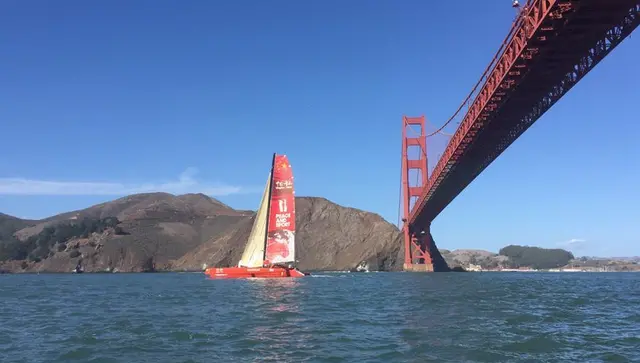The Australia-India Roundtable, a critical informal dialogue between the two countries, kicks off Monday in Sydney and comes at a strategic crossroads for the bilateral relationship, strained by recent controversies from accusations of racism to a stand-off over divergent nuclear policies.
A high-level delegation of Indian officials will visit Australia for the talks, led by the Secretary (East) of the Indian Ministry of External Affairs, Ambassador Anil Wadhwa.
Despite inheriting shared cultural values as Commonwealth nations, Australia and India have endured a rocky diplomatic path over recent years, inflamed by high-profile attacks on Indian students in Melbourne in 2011 and from Australia's refusal to export uranium to the non-aligned nuclear state.
The relationship hit a low point under Kevin Rudd's government in 2007 after the Labor leader refused to sell uranium to India for its status outside the Nuclear Non-Proliferation Treaty. While that decision was reversed by Rudd's successor Julia Gillard, the lingering taste has ensured frosty relations ever since.
However, Australia's Indian-born community has more than doubled between 2004 and 2009 to over 300,000, making it the second largest non-European group in Australia after Chinese-born Australians and a shared passion for cricket has kept the social and cultural connections tight.
The dialogue will begin Monday, at the Lowy Institute for International Policy in Sydney, and continue on Thursday February 6 at the Australia-India Institute in Melbourne.
"These frank and creative discussions will be a chance to consolidate one of Australia's key strategic relationships in the Indo-Pacific region,"said the Australian chair of the dialogue, Rory Medcalf, the director of the international security program at the Lowy Institute.
His Indian Co-Chair, Dr C. Raja Mohan, nonresident Lowy Institute Fellow, said "The engagement with Australia is one of India's fastest growing and most significant bilateral partnerships and has the potential to contribute to stability and prosperity in the Indo-Pacific at a time of great uncertainty in the relations among China, Japan and the United States".
The dialogue, convened by the Lowy Institute in partnership with the Australia-India Institute and Indian foreign policy think tank the Observer Research Foundation will be observed closely by Australia's Foreign minister Julia Bishop and her team, fresh from a visit to New Dehli in November.
At the time, Bishop indicated that Australia would support India's full membership into the exclusive Nuclear Suppliers' Group, the non-proliferation watchdog.
While in Sydney, the Indian delegation will also visit the University of New South Wales (UNSW) for discussions on scientific research partnerships and meet NSW Premier Barry O'Farrell.
The delegation will also hold talks with senior Australian officials in Canberra as well as meeting Commonwealth Government Ministers and visiting the Australian War Memorial.
According to the Lowy Institute, about 40 Australian officials, scholars, parliamentarians, journalists and business representatives will share views with the Indian delegation during the roundtable discussions.
The talks are aimed at producing practical recommendations to advance Australia-India relations in trade and investment, education, people-to-people ties, defense and diplomatic cooperation in such frameworks as the G20 and the Indian Ocean Naval Symposium, both being chaired by Australia this year.
India looks set to forge pacts with both Australia and New Zealand to strengthen cooperation in mining and coal sectors.
A high-level delegation led by Steel Minister Beni Prasad Verma has concluded a five-day visit to both the nations.
The visit is part of a diplomatic flurry that will seek to boost cooperation in the areas of mining and coal supply.
The delegation's mandate, to identify various areas of cooperation with the government of Australia and the State Government of Queensland in standing with India's strategic, long- term increase in steel production to 300 Million tons by 2025 from current levels of 80 Million tons.
 简体中文
简体中文

